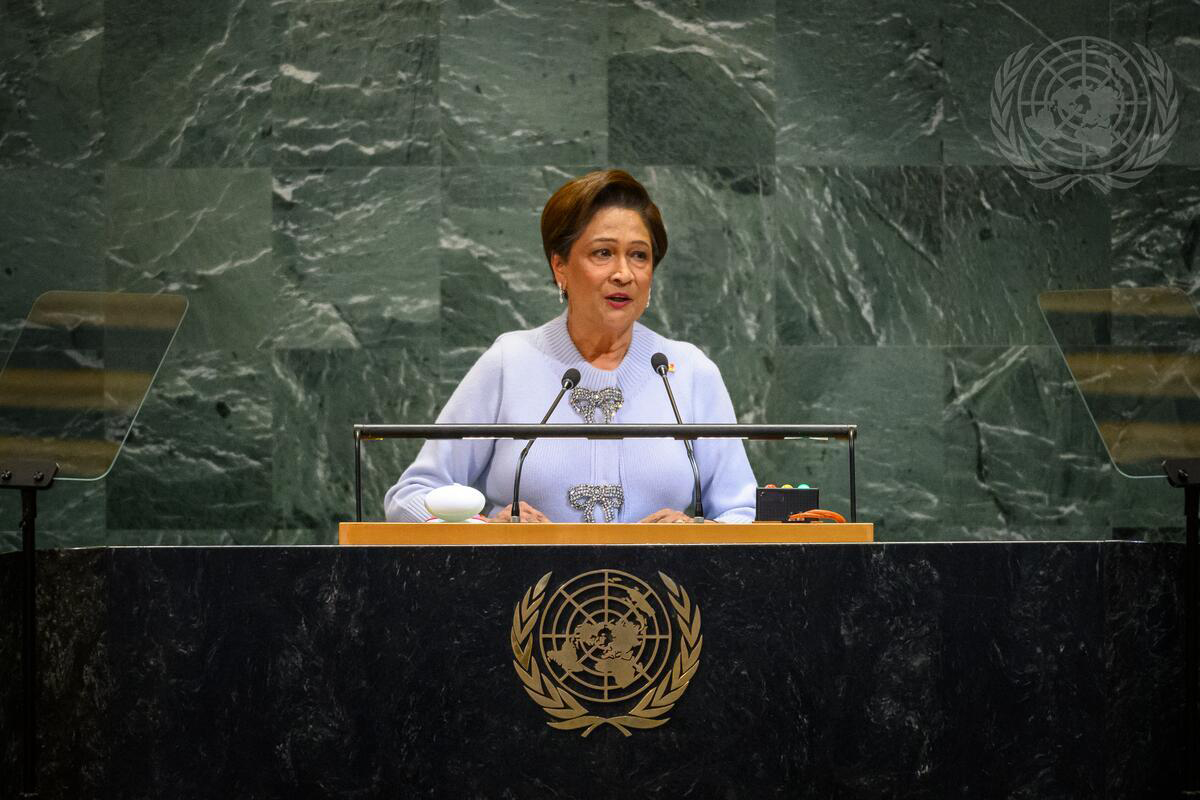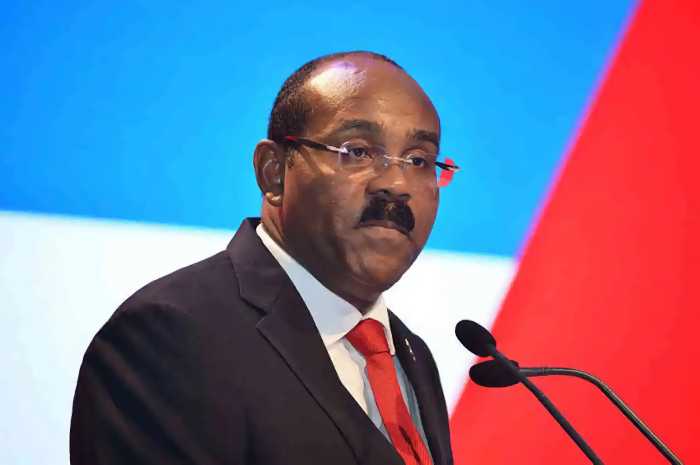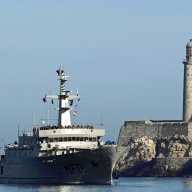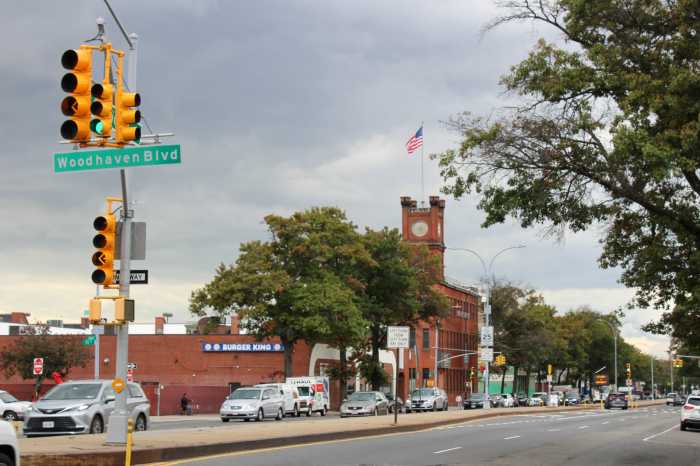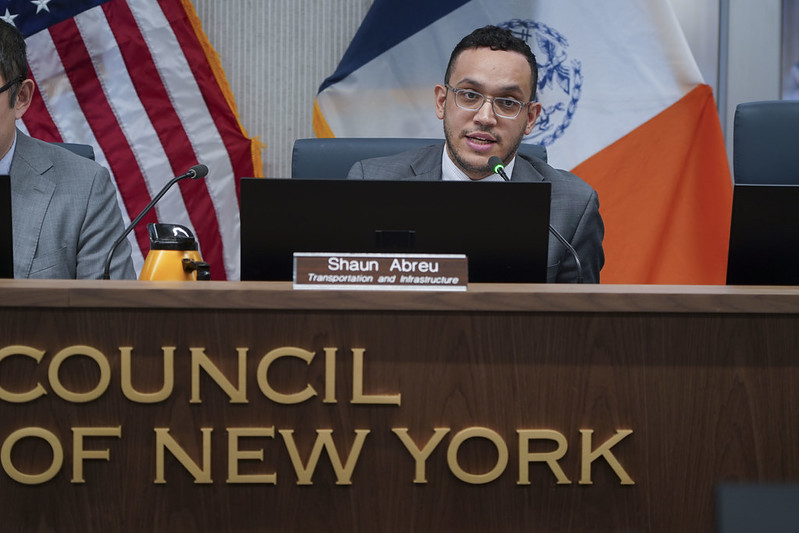Despite being urged by experts to ease rising diplomatic tensions with neighboring Venezuela, authorities in Trinidad are upping the pressure on Venezuela, targeting migrants, with hundreds planning to leave to avoid being rounded up and deported.
In the past week, the homeland security ministry issued a memo reminding those in the country illegally that deportation or repatriation to their homeland is imminent, while reducing the number of work permits being issued to applicants.
“All illegal immigrants detained are to remain at the immigration detention center until their repatriation. No further orders of supervision shall be issued,” the ministry stated. The move, according to local newspapers like Newsday, has triggered a flood of resignations from local jobs and flash sales of personal and household belongings as many say they prefer to abandon the country than be rounded up, detained, and treated like a common criminal. The ministry states that the latest measures are intended to “control illegal migration.” An estimated 50,000 Venezuelans live in Trinidad and the sister island, Tobago.
As the government continues to double down on its open support for any US military action against neighboring Venezuela, relations have deteriorated as expected. Nevertheless, the ministry is also reducing the number of available work permits from 4,275 to less than 800 this year, reflecting an 82% cut, according to The Guardian.
Apart from local support for the US as it builds up its armada of warships in Caribbean waters, Venezuela is particularly angry with Trinidad for allowing a US guided missile destroyer to dock in Port of Spain a week ago for alleged joint exercises with local troops.
PM Kamla Persad Bissessar’s basic argument is that some of the high-powered weapons used to commit an average of 600 murders annually recently come from across the seven-mile Gulf of Paria separating the two. She also complains about drugs and human trafficking and their consequences for her federation, contending that any reduction in illicit activity would be suitable for her nation of 1.3 million. So she is backing the US 100 %.
As an indication of how badly relations between the two have tanked, thousands of Trinidadians flocked to supermarkets and stores over the weekend, others fled the city, and parents picked up children prematurely from schools after the local military was placed on full alert on Friday. The police service did likewise, but quickly abandoned the exercise, suggesting there was no real threat of military action in the region or against the republic.
The prime minister, the supermarket association, and ministers were forced to issue statements to calm the nerves of those in a state of panic, assuring the nation that nothing negative was afoot.
“Be calm. There is nothing to fear. We have been receiving intelligence reports, and thus far, I have none indicating an imminent strike anywhere in the region. If and when that happens, I will share it with you as soon as it comes to me,” PM Persad Bissessar told reporters.
It is unclear what would actually occur if and when any actual military action starts, whether Trinidad and Tobago would be in trouble.


